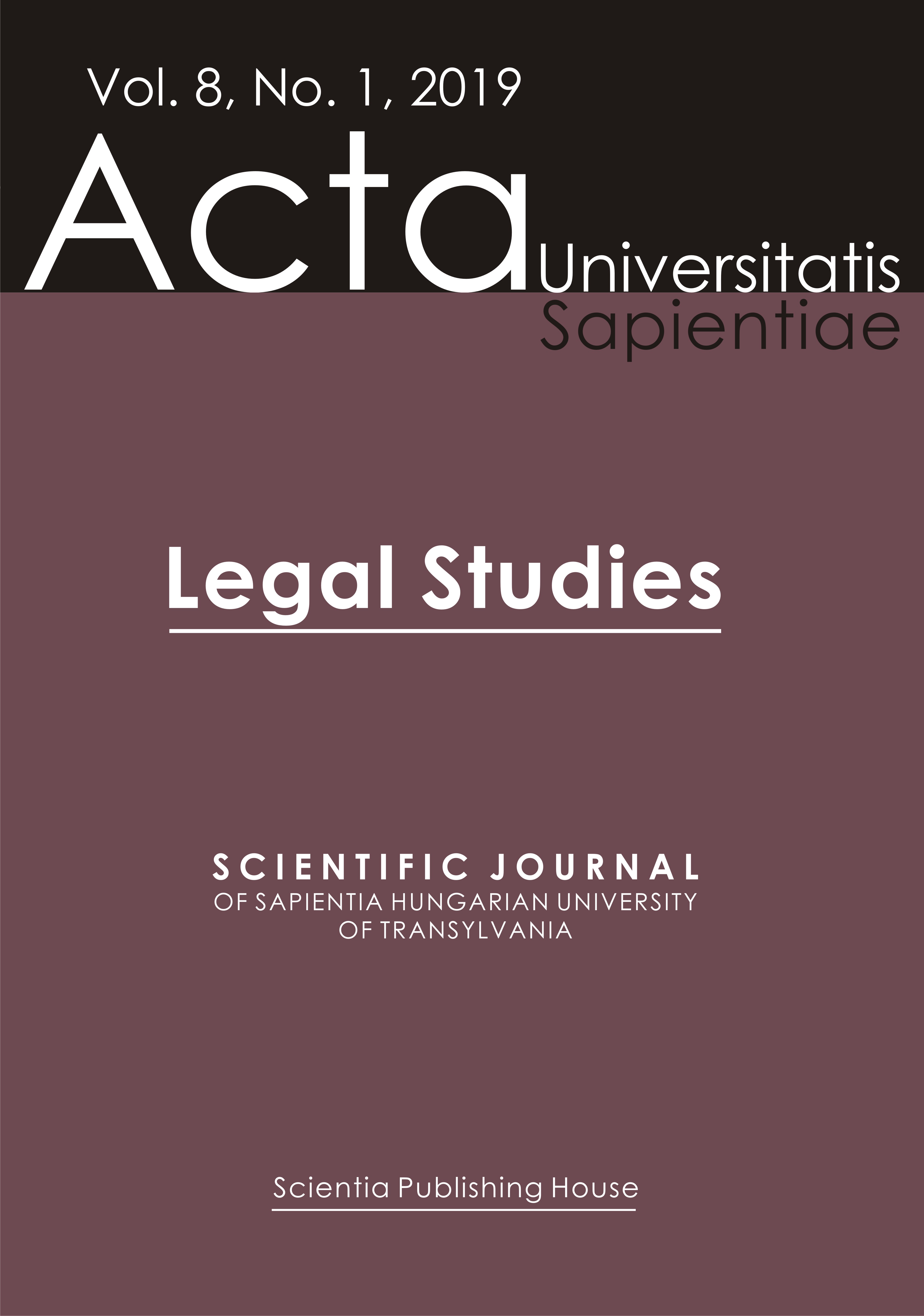Collective Bargaining and Social Dialogue in Romania
Collective Bargaining and Social Dialogue in Romania
Author(s): Magdolna VallasekSubject(s): Law, Constitution, Jurisprudence, Law on Economics
Published by: Scientia Kiadó
Keywords: social dialogue; collective bargaining; trade union; employer; employee;
Summary/Abstract: The European Commission considers social dialogue to be crucial for promoting both competitiveness and fairness in Europe. We can notice that countries with the tradition of social dialogue tend to have stronger and more stable economies, and they are often the most competitive ones in Europe. Starting from this fact, the European Commission considers that ‘knowing the important role that social dialogue plays and the positive benefit it has on a country’s economy, the challenge today is to enhance its role across all EU Member States.’ Although the importance of social dialogue and collective bargaining is unanimously recognized by scholars, governance, and the social partners, the Romanian situation can hardly be considered an ideal one. Numerous problems in the practice of social dialogue can be identified, having their origins in the legal regulation, the lack of traditions, and some other issues as well. In this paper, we shall briefly present the Romanian legal regulation concerning social dialogue and collective bargaining, and we intend to point out some of the most urging problems, focusing on the analysis of these issues.
Journal: Acta Universitatis Sapientiae, Legal Studies
- Issue Year: 8/2019
- Issue No: 1
- Page Range: 119-133
- Page Count: 15
- Language: English

